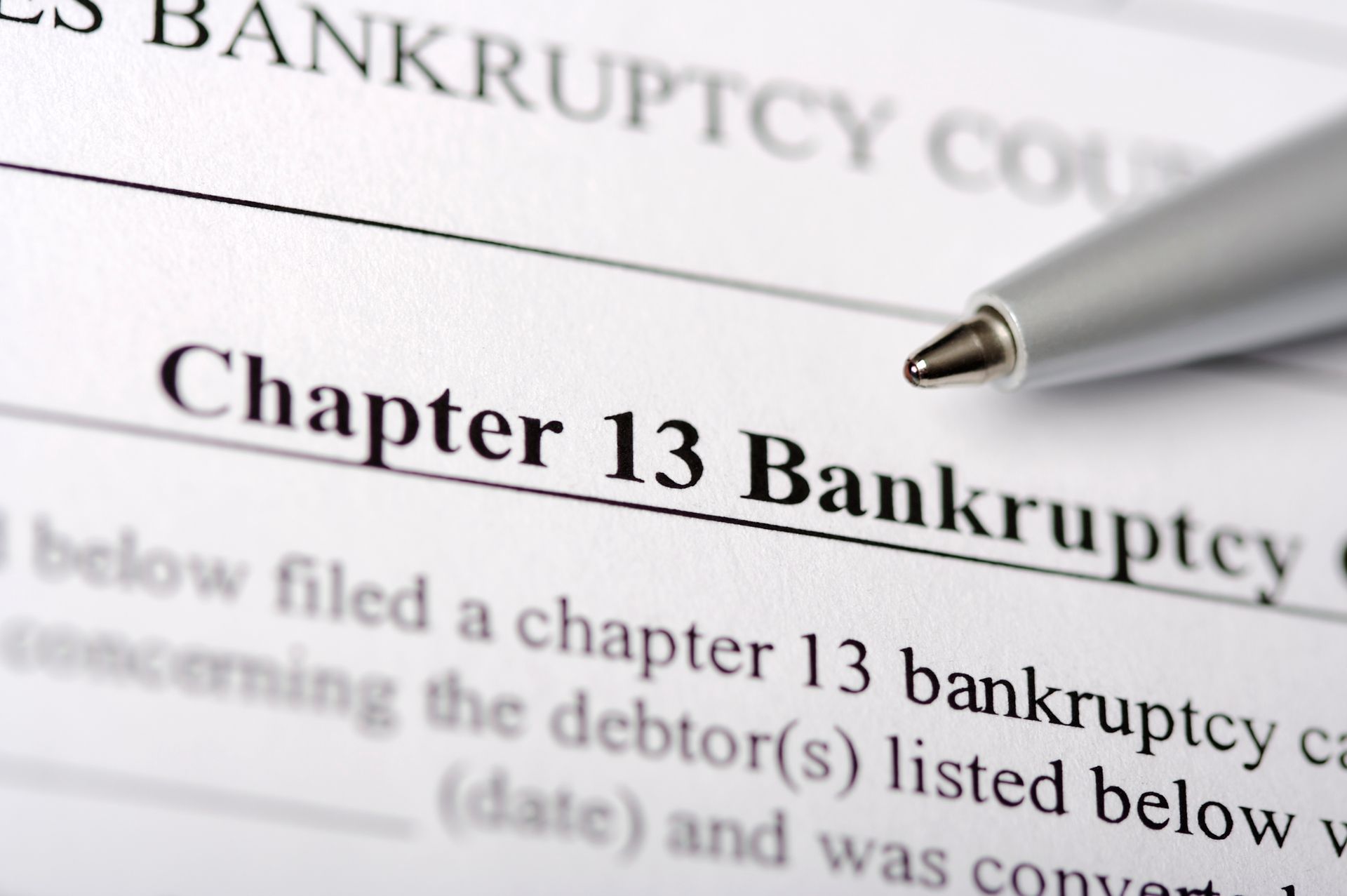Renting After Bankruptcy

Filing for bankruptcy is definitely a big decision, and one that should never be made carelessly. With that being said, Veitengruber Law wants to remove some of the stigma surrounding bankruptcy. Some folks can get so engrossed in the consequences of bankruptcy that they ignore its many benefits. Yes—filing for bankruptcy will remain on your credit report for up to ten years. It can be challenging to finance a home or get approved to rent a home during this time. But that does not mean it is impossible. Today we’re exploring your options for renting in New Jersey after bankruptcy.
Some landlords and property managers may indeed be wary about renting to someone with a history of bankruptcy on their credit report. However, they would be equally, if not more, concerned about renting to someone with significant debt and judgments against them. The entire purpose of bankruptcy is to offer individuals a fresh financial start.
Most property owners can be persuaded to rent to those who previously filed for bankruptcy as long as the applicant can prove that they no longer have debt. You can do some other things to strengthen your application when you try to rent after bankruptcy.
1. Be Honest on Your Application
Being proactive about disclosing your bankruptcy shows a potential future landlord that you have nothing to hide. Provide the details you feel comfortable disclosing upfront about the circumstances behind your bankruptcy. Prepare documents to support your claims so that the property manager can verify the accuracy of your account.
2. Offer a Larger Security Deposit
Offering to pay a larger than requested security deposit can show a potential landlord that you have the financial security to rent. Not only will this show the landlord how serious you are about the rental, but also that you have the financial position to make on-time monthly rent payments. A landlord who is reassured of your financial standing may be more likely to rent to you.
3. Find a Co-Signer
Working with a co-signer with a more robust financial history can improve your chances of getting approved for a rental. Because someone else guarantees that they will pay your monthly rent if you do not, a landlord may be more likely to rent to you. A good co-signer is a trusted family member or close friend who has a strong credit score.
4. Work on Your Credit Score
You should try everything you can to repair your credit score from the moment your bankruptcy goes through. Yes, bankruptcy will impact your credit report and score for ten years. However, that doesn't mean that there’s nothing you can do to improve the score in the meantime. Making timely payments every month, keeping your credit card balances low, and keeping an eye on your credit report can help you improve your credit score over time. Even with a history of bankruptcy, a landlord is more likely to accept your application if your credit score is decent.
Filing for bankruptcy can sometimes impact your ability to rent—but it doesn't mean it is impossible to rent after bankruptcy. Transparency and financial diligence after your bankruptcy petition can go a long way to helping you secure housing in the renter’s market. Veitengruber Law can help you with your bankruptcy and work on repairing your credit afterward, which can make it easier to get approved for a rental (or even home purchase) in the future.










